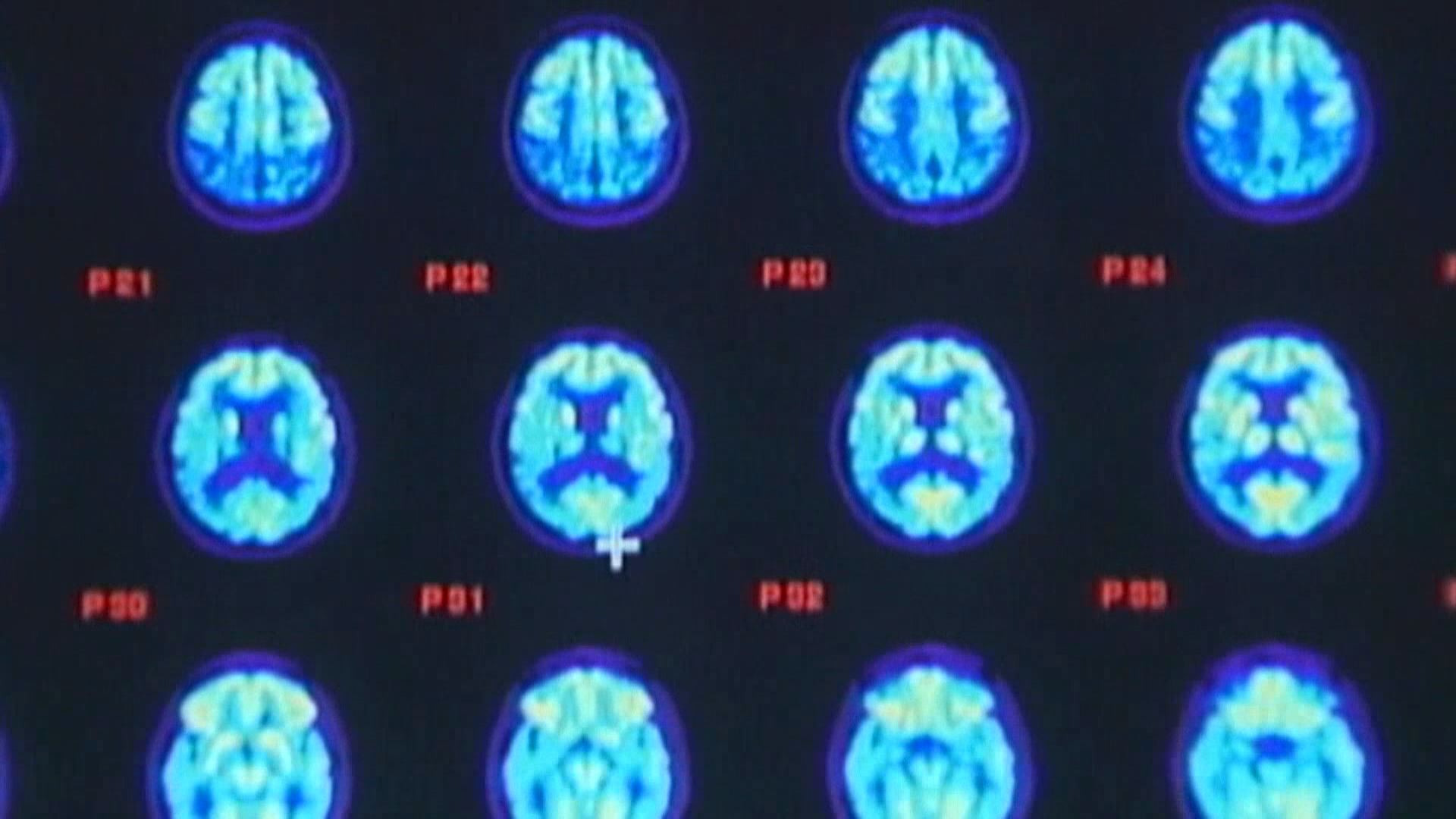We're hearing a lot more about concussions and their long term effects on the brain, but a new study found there's also cause for concern about other blows to the head.
A study published Thursday in Brain, a journal of neurology, presents evidence that repetitive hits to the head that don't lead to concussions can still cause CTE, or Chronic Traumatic Encephalopathy.
"It provided pathological evidence for the first time of the importance of the sub-concussive hits," Dr. Dawn Comstock, Professor Epidemiology, Colorado School of Public Health. "We've been concerned for a while that sub-concussive blows may be important to athletes health this study showed that the number of brain impacts was the strongest predictor of CTE irregardless of whether or not a concussion was sustained."
Dr. Comstock is an expert in the subject area but was not involved in the study.
Researchers from Boston University analyzed brains from teenagers and young adults who had been exposed to mild head impact but died from another cause soon after. They found early evidence of CTE.
The researchers also conducted experiments that re-created sports-related head impacts on laboratory mice.
"It advanced our understanding of what is happening at the cellular and even sub-celluar levels in the brain when an impact occurs," said Dr. Comstock. "And now that scientists know exactly what's happening that opens the door for people to try to find inventions to try to stop what's happening."
She says it's important that parents take precautions to limit the number of brain impacts their children have and make sure they're using the proper safety equipment when playing sports.
"Unfortunately we really can't say what the minimum number of hits is the threshold that places anybody at risk of either a concussion or CTE or any brain injury. This is because individuals react differently to both the number and the severity of brain impacts," said Dr. Comstock.
Right now CTE can only be diagnosed after someone's death.
"There are some research teams that are becoming very close to finding either imaging or biomarker tests that can hopefully in the future diagnose CTE in living individuals," said Dr. Comstock.


